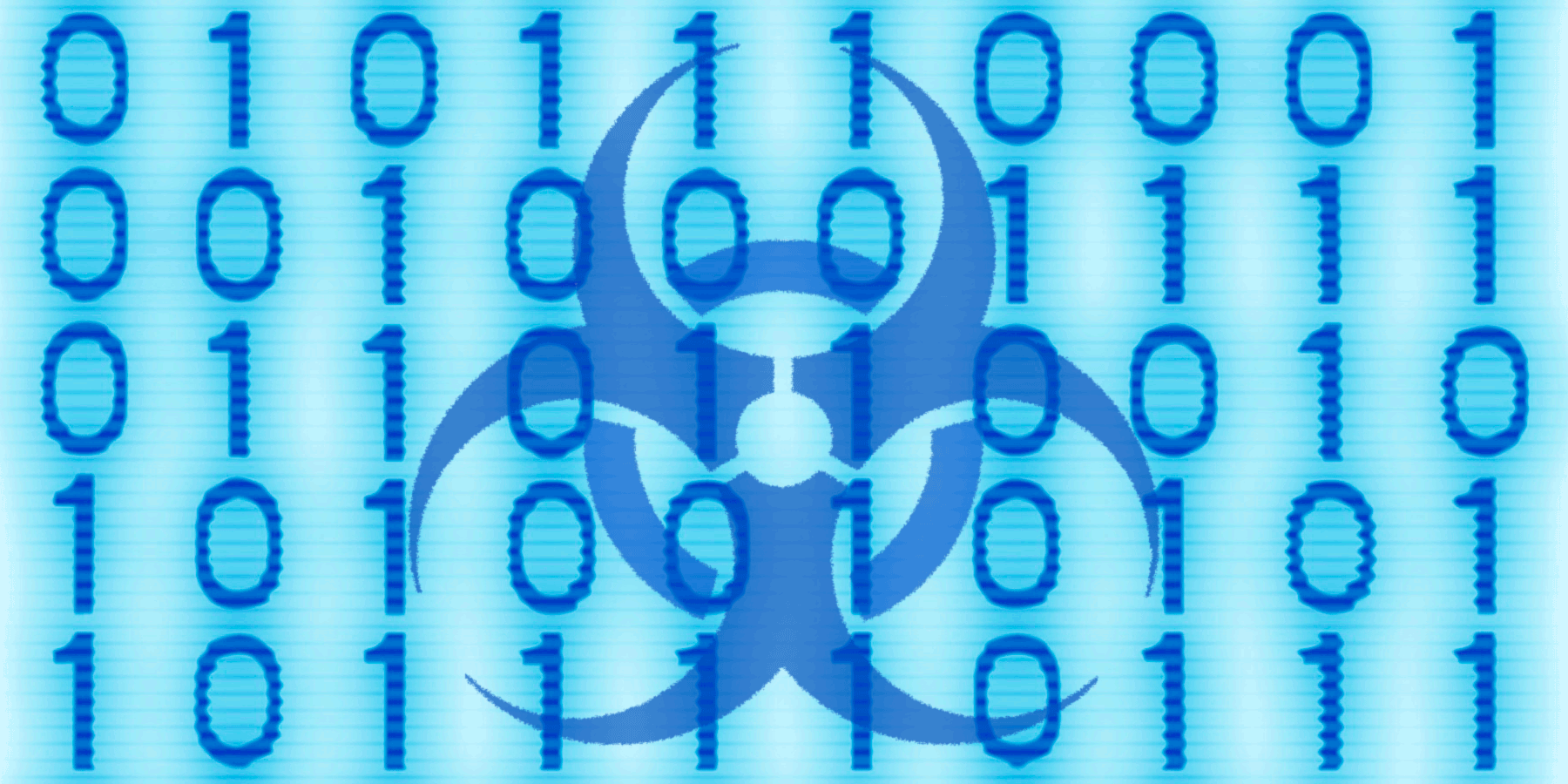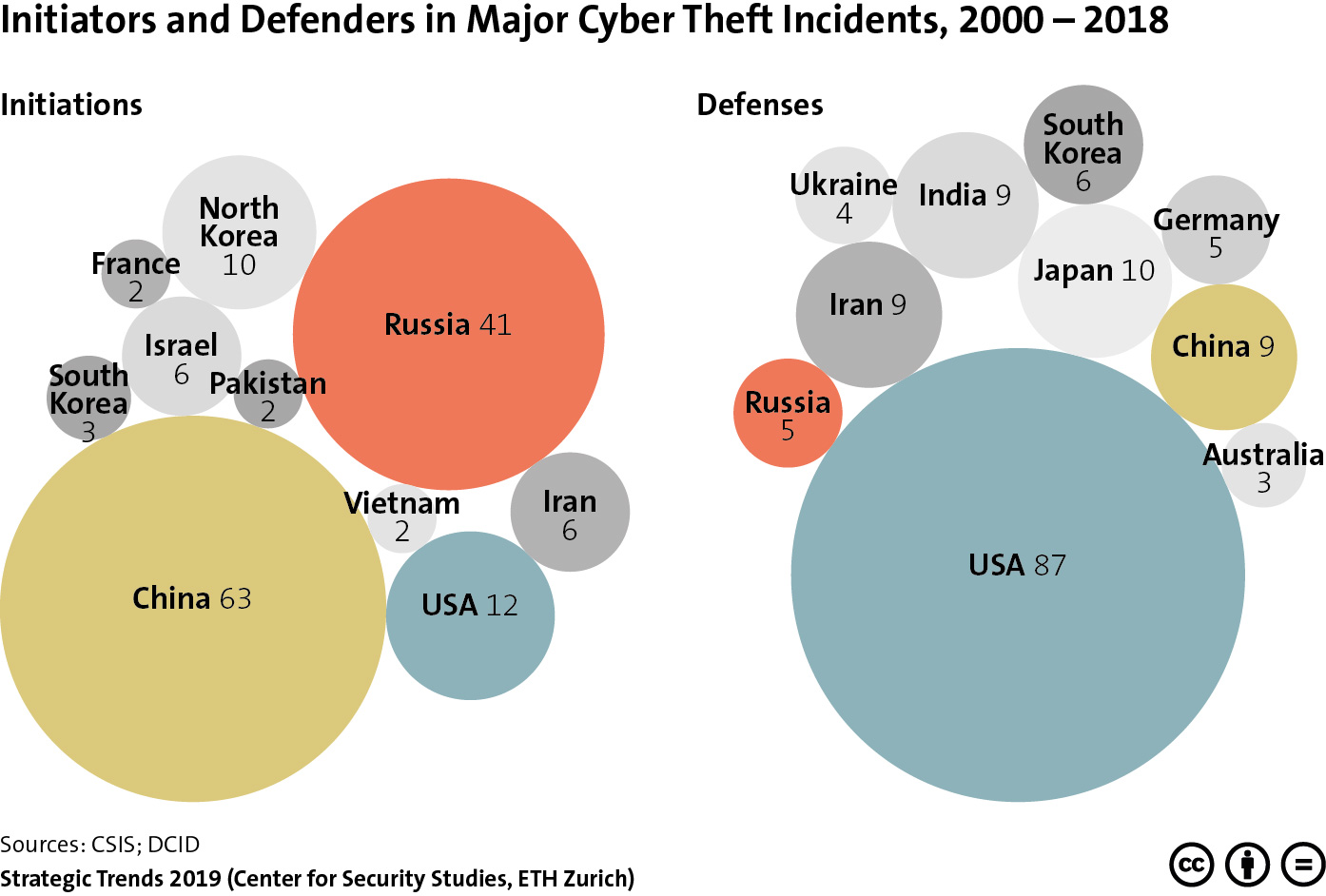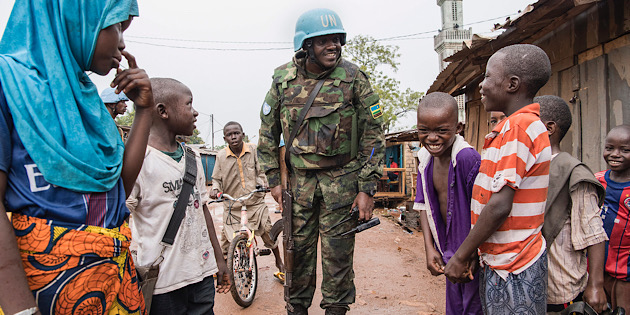This blog belongs to the CSS’ coronavirus blog series, which forms a part of the center’s analysis of the security policy implications of the coronavirus crisis. See the CSS special theme page on the coronavirus for more.
Instead of taking meaningful measures, the Belarusian government downplayed the threat of the coronavirus and suggested obscure cures. This is a dangerous bet by a regime afraid of economic downturn and appearing weak – similar to several other regimes with strongman leaders. Given Belarusians lack faith in the government’s response and official data, they are taking personal responsibility for their fate. This goes against the grain of the political culture in the country and underscores that authoritarian regimes’ habitual methods may reach their limits during such a crisis.




 This graphic provides an overview of the nations in which major cyber theft incidents were initiated, as well as the countries affected by these attacks between 2000 and 2018. To find out what this highlights about the eclipse of Western military-technological superiority, read Michael Haas’ chapter for Strategic Trends 2019
This graphic provides an overview of the nations in which major cyber theft incidents were initiated, as well as the countries affected by these attacks between 2000 and 2018. To find out what this highlights about the eclipse of Western military-technological superiority, read Michael Haas’ chapter for Strategic Trends 2019 